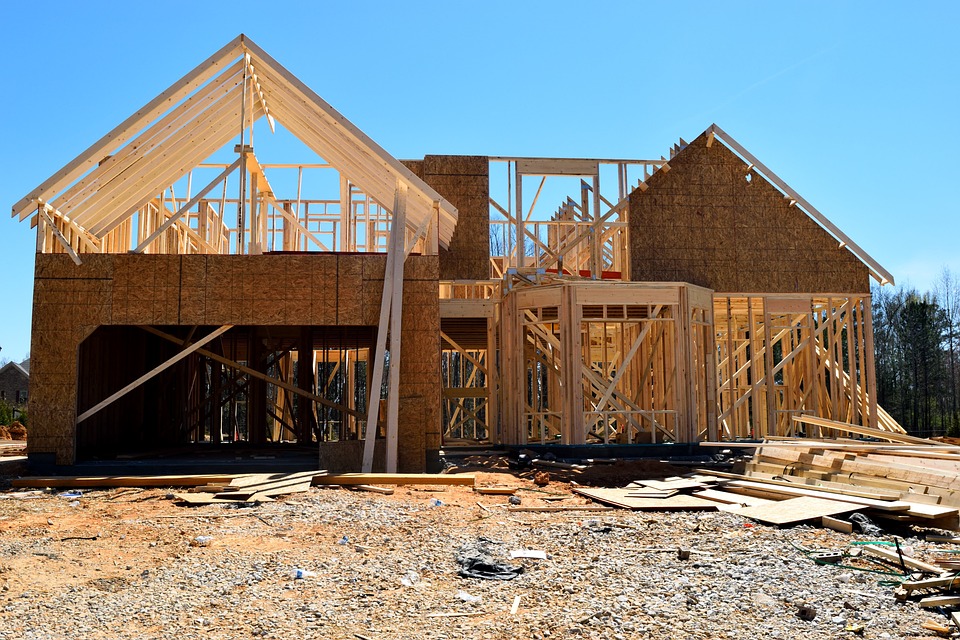Buying a home is a major milestone in many people’s lives. It can also be a daunting and overwhelming process, especially when it comes to financing. With so many options available, it’s crucial to have a clear understanding of the dos and don’ts of home financing before making any decisions. Luckily, we’ve gathered expert advice to help guide you through the process.
DO: Get pre-approved for a mortgage before house hunting
One of the first steps in the home financing process is getting pre-approved for a mortgage. This process involves a lender reviewing your financial information and determining how much they are willing to lend you. By getting pre-approved, you will have a clear understanding of your budget and can confidently house hunt within your price range.
DON’T: Make any major financial moves before closing on a home
Once you are pre-approved for a mortgage, it’s important to maintain your financial stability until you close on a home. This means avoiding any major financial moves, such as changing jobs, opening new lines of credit, or making large purchases. Any changes to your financial situation can impact your mortgage approval and potentially jeopardize your ability to close on a home.
DO: Research and compare mortgage lenders
When it comes to financing a home, not all lenders are created equal. It’s essential to do your research and compare different lenders to find the best mortgage terms and rates. Look for lenders who have a good reputation and offer competitive rates to ensure you are getting the best deal possible.
DON’T: Overextend yourself financially
While it may be tempting to stretch your budget to buy your dream home, overextending yourself financially can lead to financial strain and potential foreclosure down the road. Make sure to carefully consider your budget and only purchase a home that you can comfortably afford. Remember to factor in other costs such as property taxes, homeowners insurance, and maintenance expenses when determining your budget.
DO: Save for a down payment
A down payment is a significant upfront cost when purchasing a home. While it is possible to obtain a mortgage with a low down payment or even no down payment, saving for a significant down payment can help lower your monthly mortgage payments and potentially qualify you for better interest rates. Start saving for a down payment early on to ensure you have enough funds when it’s time to buy a home.
DON’T: Neglect your credit score
Your credit score plays a crucial role in determining your mortgage eligibility and interest rates. Before applying for a mortgage, make sure to check your credit score and address any issues that may be negatively impacting it. Paying off debts, making timely payments, and avoiding new credit inquiries can help improve your credit score and increase your chances of securing a favorable mortgage.
In conclusion, the dos and don’ts of home financing are essential guidelines to follow when purchasing a home. By getting pre-approved, researching lenders, avoiding major financial moves, and saving for a down payment, you can ensure a smooth and successful home-buying experience. Remember to consult with a financial advisor or mortgage expert for personalized advice tailored to your specific situation.





















